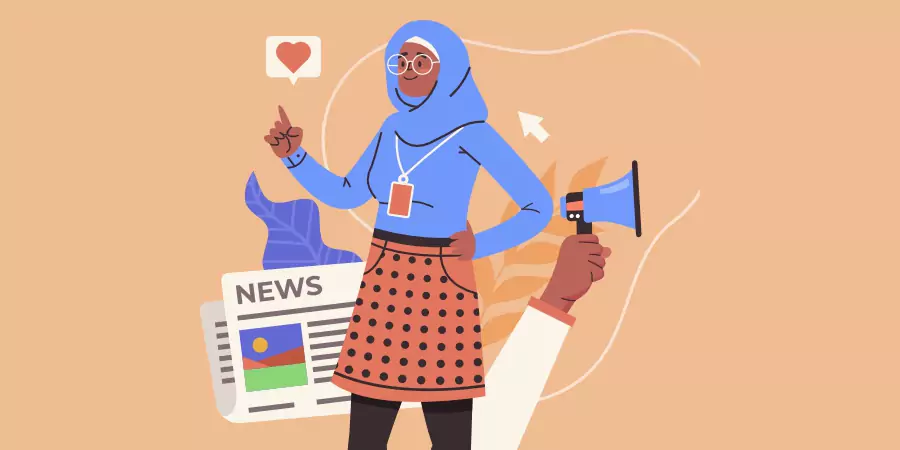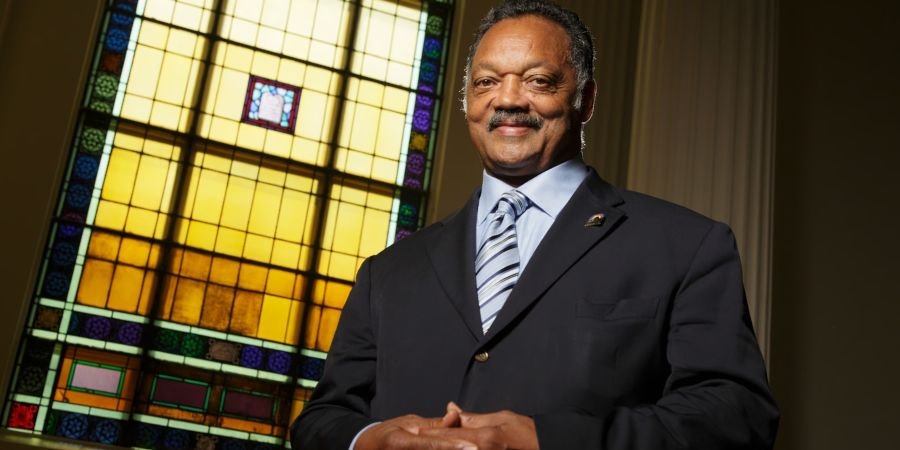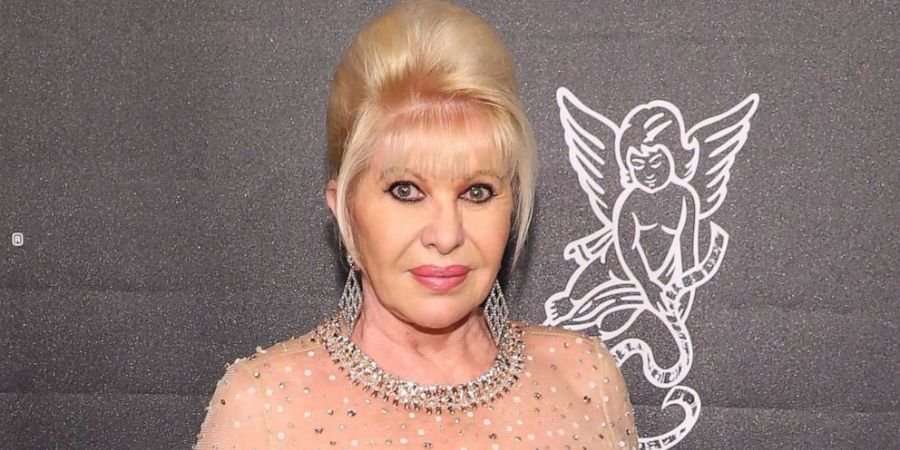The Gulf region, characterized by its rapid economic development and cultural evolution, is witnessing a significant shift in the role of women within society. As traditional norms evolve and new opportunities emerge, women are increasingly taking on leadership positions and driving societal change across various sectors. This article explores the pivotal role of women in the Gulf, examining their contributions to social, economic, and political landscapes, and highlighting the ongoing challenges they face.
Historical Context
Historically, the status of women in the Gulf has been shaped by a complex interplay of cultural, religious, and socio-economic factors. While traditional roles often confined women to domestic spheres, the rapid modernization and economic diversification of the region in recent decades have opened doors for greater participation in public life. Governments are recognizing that empowering women is essential for sustainable development, leading to legislative and policy changes aimed at promoting gender equality.
Economic Empowerment and Workforce Participation
Women in the Gulf are increasingly entering the workforce, contributing to economic growth and diversification. Countries like the UAE and Saudi Arabia have implemented policies to enhance women’s participation in various sectors, from business to technology.
For instance, the UAE has made significant strides in increasing female representation in leadership roles. According to the Gender Balance Council, women hold over 30% of leadership positions in federal entities. Initiatives such as the “Women in Leadership” program aim to develop the skills and competencies of female professionals, encouraging them to take on leadership roles in both public and private sectors.
Saudi Arabia’s Vision 2030 also emphasizes the importance of women’s participation in the economy, targeting to increase women’s workforce participation to 30% by 2030. This commitment has led to the establishment of women-only business incubators and funding initiatives designed to support female entrepreneurs.
Social Advocacy and Community Development
Beyond economic contributions, women in the Gulf are becoming key advocates for social change. Many women are leading initiatives focused on education, health, and social welfare, fostering community development and engagement.
In Kuwait, for example, women have played a vital role in promoting literacy and educational programs, helping to empower future generations. Non-profit organizations led by women focus on community outreach, addressing issues such as child welfare and health awareness. Their efforts have been instrumental in raising awareness about important social issues and mobilizing community resources.
Additionally, women’s organizations across the Gulf are increasingly collaborating with governmental and non-governmental entities to influence policy and advocate for rights. These organizations serve as platforms for dialogue and action, enabling women to voice their concerns and contribute to national development agendas.
Political Participation and Leadership
Women in the Gulf are making strides in political participation and representation, challenging stereotypes and breaking barriers in what has historically been a male-dominated arena.
The UAE was one of the first countries in the region to grant women the right to vote and run for office in 2005. Since then, female representation in the Federal National Council has steadily increased, with women now holding 50% of the seats. This achievement serves as a powerful example of how women can influence policy decisions and contribute to governance.
In Saudi Arabia, recent reforms have allowed women to participate in local elections, marking a significant milestone in their political empowerment. Women are now actively engaging in local councils, advocating for community needs and priorities. These developments reflect a broader recognition of women as essential stakeholders in shaping the future of their countries.
Cultural and Artistic Contributions
Women in the Gulf are also making significant contributions to the arts and culture, using creative expression as a medium for societal change. Female artists, filmmakers, and writers are increasingly gaining recognition, exploring themes of identity, tradition, and modernity.
The rise of cultural festivals and art exhibitions provides a platform for women to showcase their work and engage in dialogue around social issues. For instance, the Sharjah Biennial and Dubai Art Fair feature numerous female artists, highlighting their perspectives and contributions to the cultural landscape.
Furthermore, women in the Gulf are utilizing social media as a powerful tool for advocacy and self-expression. Platforms like Instagram and Twitter allow them to share their stories, challenge societal norms, and connect with wider audiences, both locally and globally.
Ongoing Challenges
Despite the progress made, women in the Gulf continue to face challenges that hinder their full participation in society. Cultural attitudes, legal barriers, and gender-based discrimination remain prevalent in some areas, impacting women’s access to education, healthcare, and employment opportunities.
For example, while many Gulf nations have made strides in promoting gender equality, the enforcement of laws and policies can be inconsistent. Issues such as wage disparities, limited career advancement opportunities, and societal expectations around family roles still pose obstacles for women striving for equality.
Additionally, the COVID-19 pandemic has disproportionately affected women in the workforce, highlighting the need for targeted support measures to address the economic fallout. As many women took on additional caregiving responsibilities during lockdowns, their participation in the labor force has been challenged, necessitating a renewed focus on inclusive recovery strategies.
Conclusion
The role of women in driving societal change in the Gulf is increasingly recognized as essential to the region’s development. Their contributions across economic, social, political, and cultural spheres are reshaping perceptions and fostering progress toward gender equality.
As Gulf nations continue to embrace the importance of women’s empowerment, the path forward will require sustained commitment to addressing existing challenges. By promoting inclusive policies, encouraging women’s participation, and recognizing their diverse contributions, the Gulf can harness the full potential of its population and pave the way for a more equitable future.
Ultimately, the journey toward gender equality in the Gulf serves as an inspiring example for the broader Middle East and beyond, demonstrating that empowering women is not just a moral imperative but a critical driver of societal advancement.
Read Also: Collective Leadership: The Power of Community Engagement in the Gulf










